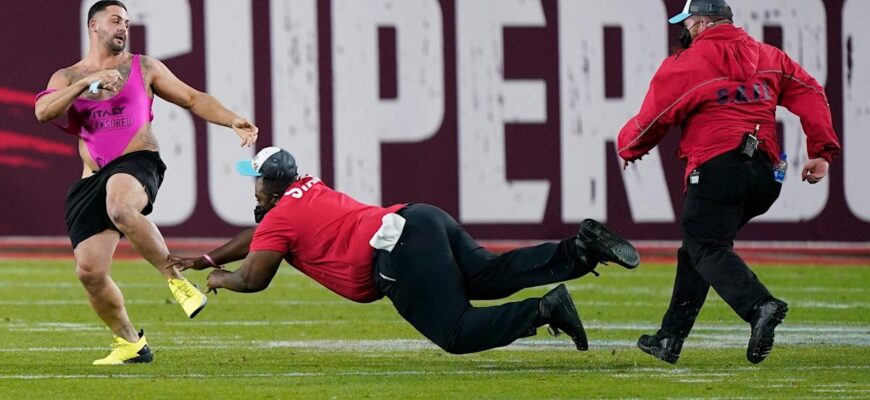In the high-stakes, fast-paced world of modern football, the sheer volume of matches has become a hot-button issue, threatening not just the physical and mental well-being of the game`s greatest talents but also, arguably, the quality of the spectacle itself. Once a concern whispered in dressing rooms, the phenomenon of “fixture congestion” has now burst into the mainstream, with legends like Thierry Henry openly calling for a fundamental reassessment.
The Unbearable Lightness of Being a Modern Footballer
Imagine a job where your peak performance is demanded 60, sometimes even 70, times a year. Where a single misstep can cost millions, and global expectations weigh heavily on every touch. This isn`t the life of a corporate CEO; it`s the daily reality for many elite footballers. The relentless treadmill of domestic leagues, multiple cup competitions, continental tournaments, and an ever-expanding international calendar leaves little room for rest, recovery, or even proper preparation.
Thierry Henry, a man who graced the pitch with unparalleled elegance and lethal efficiency, recently highlighted this growing predicament. “I used to arrive in tournaments dead – mentally, physically,” Henry recounted, reflecting on his own decorated career. He spoke of major competitions where he arrived injured, unable to prepare adequately, a sentiment echoed by countless professionals past and present. If a player of Henry`s caliber struggled with the demands of his era, one can only ponder the cumulative toll on today`s athletes, who face an even more grueling schedule.
Governing Bodies: More Games, More Money?
The push for more matches isn`t born from a sudden surge in fan demand for an additional midweek fixture (unless it`s a thrilling derby, perhaps). It`s primarily driven by the financial imperatives of football`s global overseers: FIFA and UEFA. As Henry`s fellow pundit Jamie Carragher bluntly put it, these organizations are “just providing them to make more money.” Competitions like the UEFA Nations League and the expanded FIFA Club World Cup, while perhaps offering new bragging rights, are widely perceived as additions designed to fill coffers rather than address any genuine sporting void.
It`s a classic case of supply and demand, where the supply is dictated by revenue targets, and the demand is… well, it`s often an afterthought. While the prospect of new tournaments might initially excite, the sheer saturation point is quickly reached, leaving fans overwhelmed and, ironically, less engaged.
The Cost: Beyond the Balance Sheet
The true cost of fixture congestion extends far beyond what can be measured in broadcast rights or sponsorship deals. It manifests in several critical areas:
- Player Welfare: The most immediate and concerning impact is on the physical and mental health of players. Increased games lead to higher injury rates, burnout, and a reduced lifespan for professional careers. The spectacle suffers when tired legs cannot perform at their peak.
- Quality of Play: A fatigued player is less likely to produce moments of genius. Tactical nuances can be lost when teams have no time for training. The beautiful game risks becoming a grind, a war of attrition rather than a canvas for artistry.
- Fan Fatigue: Even the most ardent supporter has limits. Henry himself admitted to tuning out, “As a fan, I`m tired. I did not watch the Club World Cup. I left [at] halftime.” This sentiment is growing, as the endless stream of matches blurs into a monotonous blur, diminishing the prestige and excitement of individual competitions.
- Financial Burden on Fans: With more competitions comes more opportunities for tickets, merchandise, and subscriptions. As Henry eloquently queried, “How deep is your pocket now as a fan?” The governing bodies` insatiable appetite for new revenue streams often translates into a heavier financial load for the very people who sustain the sport.
A Call to Action: The Power of the Present
Perhaps the most poignant aspect of Henry`s plea is his direct challenge to current players. He stressed that retired legends, while offering valuable perspective, no longer feel the brunt of the modern calendar. “Don`t call me, UEFA. Do not call me, FIFA. I`m not playing anymore. I don`t know how it feels anymore… Speak to [Virgil] van Dijk, speak to Mo Salah. … Sit with them. Have a discussion with them. They are the actors right now.”
This is not merely a call for dialogue; it`s a powerful endorsement of collective player power. Carragher took it a step further, suggesting that change might only come when “the greatest players in the world come together and say enough is enough and to refuse to play.” While drastic, such a stance would undeniably force the governing bodies to listen, shifting the narrative from a perpetual cycle of expansion to a necessary conversation about sustainability.
Looking Ahead: Is Football Eating Itself?
The issue of fixture congestion is a microcosm of a larger debate about the soul of football. Is it a sport driven by passion, community, and athletic excellence, or merely a global entertainment product to be milked for maximum profit? The answer, as always, likely lies somewhere in between. However, if the pursuit of “more” continues unabated, it risks eroding the very foundations that make football the world`s most beloved game: the spectacle, the heroic performances, and the unwavering dedication of its fans.
For the sake of the players, the fans, and the sport itself, perhaps it`s time for football`s decision-makers to pause, take a deep breath, and listen to the `actors` on the pitch. Because even the most enduring love affair needs room to breathe.









